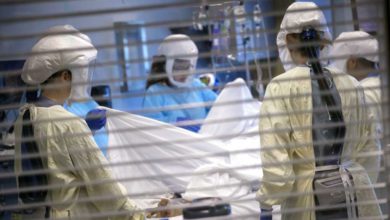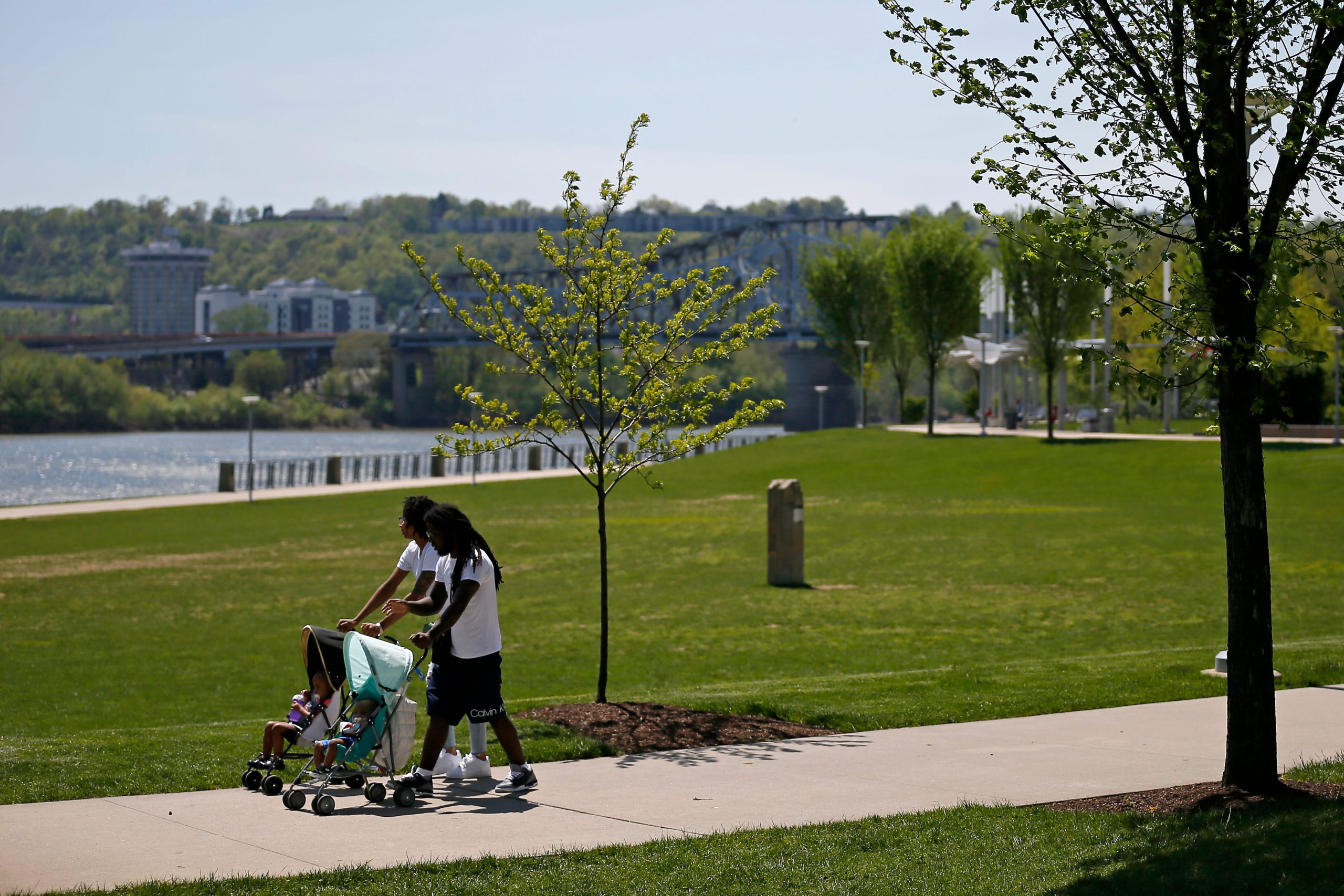
Trader Joe's is the latest business to offer an incentive for workers getting the COVID-19 vaccine.
The Monrovia, California-based grocery chain said Thursday it will give employees two hours of pay per dose for getting the vaccine and will also shift around schedules to make sure employees have time to get vaccinated.
Online grocery delivery company Instacart also announced Thursday it will begin paying its workers $25 to offset them taking time to get the COVID-19 vaccine.
The San Francisco-headquartered company, which has about 500,000 workers that shop to fill and deliver orders from more than 40,000 stores, said it will begin giving the vaccine support stipend Feb. 1 to eligible workers as the vaccination programs roll out across the U.S. and Canada.
“With COVID-19 cases continuing to rise across the country, we’re taking proactive steps to advocate that government agencies recognize Instacart shoppers as critical essential workers who deserve early access to vaccines,” said Instacart CEO and founder Apoorva Mehta in a statement.
Stimulus checks:Americans say financial stability depends on economic impact payments
Capitol riots aftermath:Black and white still define America as Biden prepares to take office
“Our goal with the introduction of our new Vaccine Support Stipend is to ensure that, when the time comes, Instacart shoppers don’t have to choose between earning income as an essential service provider or getting vaccinated," Mehta said.
In-store shoppers, full-service shoppers and shift lead workers are among those eligible for the Instacart vaccine stipend.

Dollar General, which operates nearly 17,000 stores in 46 states, said Wednesday it will give employees the equivalent of four hours of pay if they get the vaccine.
The Goodlettsville, Tennessee-based retailer said its salaried employees would get additional hours' pay to make up for time away from work.
Dollar General said the extra pay is intended to compensate for the travel time, mileage and child care expenses that employees could incur to get the vaccine. "We do not want our employees to have to choose between receiving a vaccine or coming to work," the company said.
A vaccine advisory panel at the U.S. Centers for Disease Control voted late last month on recommendations for vaccine distribution. The panel said grocery workers should be in the second group to receive shots after health care workers and nursing home residents.
Firefighters, police, teachers, corrections workers, postal employees and others are in that second group, along with people 75 and older. There are around 50 million people in that group.
Incentives for employees offer an alternative way to encourage workers to get the vaccine, as opposed to mandating them get shots, says Laura Boudreau, assistant professor of economics, Columbia Business School.
"We know there is a fairly sizable share of the population who don’t want to get the vaccine or are reluctant to do so," she said. "So it makes complete sense, to me, that we see employers with frontline workers trying to reduce the barriers for their employees to access the vaccines and maybe increasingly directly providing monetary incentives."
An "infodemic" or "pandemic of misinformation" has made some companies hesitate to encourage vaccinations, said Christopher Thompson, associ professor of biology at Loyola University Maryland. But he expects to see more companies consider moves such as those from Dollar General and Instacart.
"I think there’s a big drive to return to some semblance of normalcy and if this is a way to try and push that, I think companies will do it," Thompson said. "They may let Dollar General go first. But I think they very well may get in line."
Contributing: The Associated Press
Follow Mike Snider on Twitter: @MikeSnider.







